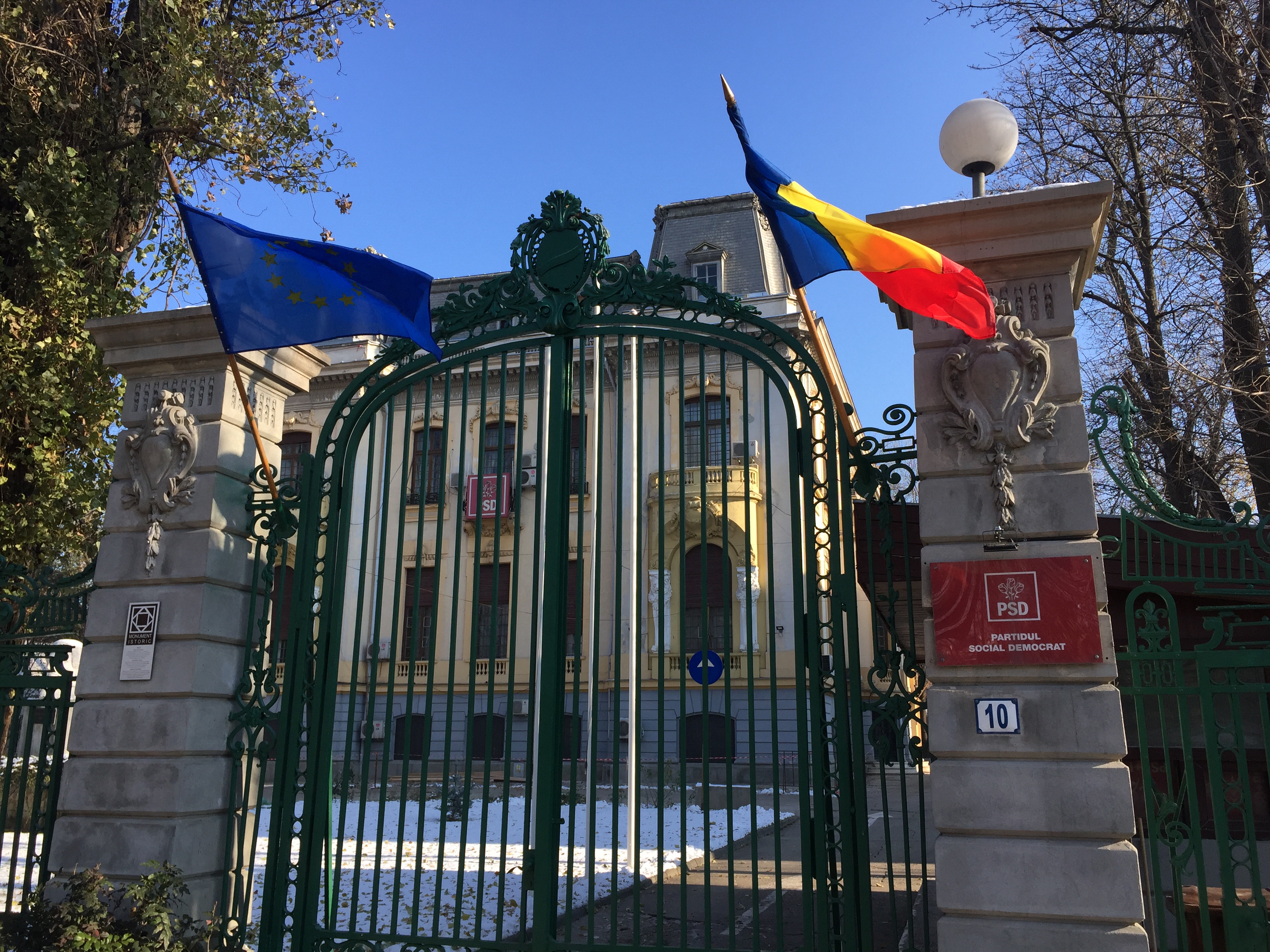Poland, Warsaw – Poland celebrates 1,050 years of her baptism with a sense if mission, by Olivier Bault.
Ruler of the Polans Mieszko the Ist baptism of 966 celebrations cover a complete year, since 2015 November to 2016 November, but the three days from April 14 to April 16 are the core of this commemoration. It is under the influence of Dubravka princess, daughter of Boleslav I of Bohemia, that Mieszko did convert to Christianism. This baptism is the founding event of Poland, which is why the commemoration ceremonies involve both the Church and civil authorities. Being Catholic, Poland had for centuries been on the eastern border of the Latin world which she saved from at least to great disaster: in 1683 with the victory of King John III Sobieski against the Ottoman invaders at the Battle of Vienna and from 1919 to 1921 with the Polish-Soviet war in which resurgent Poland, after having been torn apart during almost 150 years between Prussia (then Germany), Austria and Russia, stopped the Bolshevik troops seeking to export the communist revolution into Western Europe.
According to tradition, the baptism of Mieszko I, called the baptism of Poland, took place on Holy Saturday in the year 966 in Gniezno. First capital of the country, this city of 70,000 inhabitants is also the seat of the Primate of Poland since 1417. Other sources, however, say the baptism of Mieszko to have took place in Poznań, now the regional capital.
Therefore, it is in these two cities of the Greater-Poland Region (Wielkopolska) that take place the greatest celebrations of the 1,050 years of Poland. April 14 marked the opening of the 372nd Plenary Assembly of the Polish Episcopate with representatives of other European Episcopates, under the auspices of Archbishop Wojciech Polak, Primate of Poland. Then a mass was celebrated by the apostolic legate, Cardinal Pietro Parolina, at the Cathedral of Gniezno, in the presence of the President of the Republic of Poland Andrzej Duda and his wife and of the Prime Minister Beata Szydło. Commemorations were then to be held in Poznań, with a solemn meeting on April 15 of the National Assembly, meaning the Sejm and Senate united (assembly of the upper and lower houses), in front of which the President Duda was to deliver a speech.
“Europe must answer the question of where it is and in which direction it goes. We, in Poland, have not lost our identity,” said Premier Beata Szydło in Gniezno. “We are here in Gniezno, the nest of our people, to honor those who have served our country and died shouting ‘Long live Poland’,” said the president Andrzej Duda during the Holy Mass at the Cathedral of Gniezno, while Bishop Wojciech Polak emphasized in his homily that it was “by the grace of baptism we know to sacrifice ourselves and serve, that is to say, lose our life for others.” “Christianity carries within it a force truly liberating,” did he also recall.
These commemorations are particularly important, since the thousand years of the baptism of Poland were celebrated when the country was under Communist rule and Soviet occupation. This 1,050 years commemoration is then an opportunity to celebrate the birth and baptism of the Polish nation in a free Poland, but also in the context of a serious crisis of identity and faith in Europe. As part of this anniversary year, Poland in Krakow will host this year the World Youth Day from July 27 to 31. The descendants of the subjects of Mieszko I constitute one of the most Catholic countries in Europe. About 40% of the population is regularly attending Mass on Sunday and 93% say to be Catholic. In 2006 in Krakow, Pope Benedict XVI also called the Poles to re-evangelize Europe. Viktor Orbán himself had been impressed in 1987 by a trip he made in Gdansk, Poland, to see Pope John Paul II with his friends from Solidarność. Impressed by this Polish Pope, but also the religious dimension of Solidarność fighting against the socialist dictatorship.
Thousand and fifty years after the baptism of Mieszko I of Poland and 26 years after the fall of communism, Christianity remains a major component of the Polish national identity.
Translated from French by the redaction.




